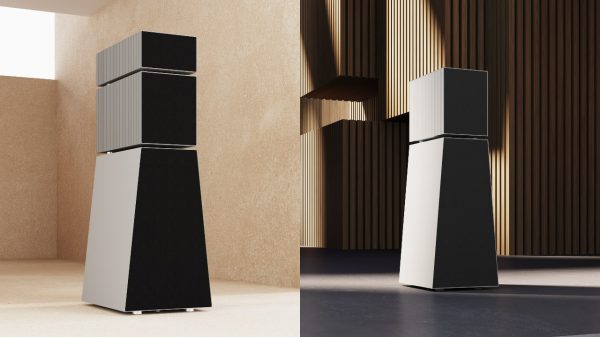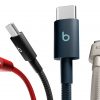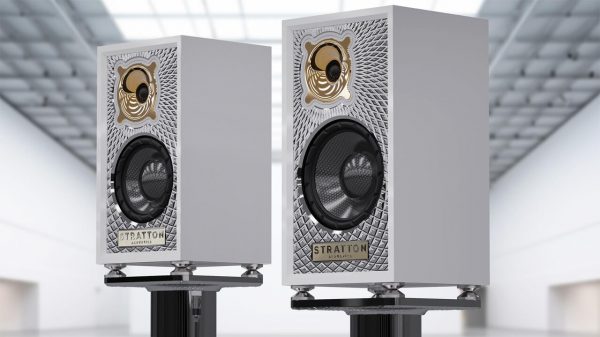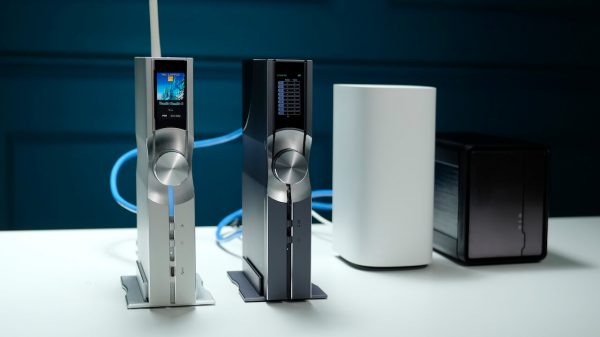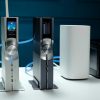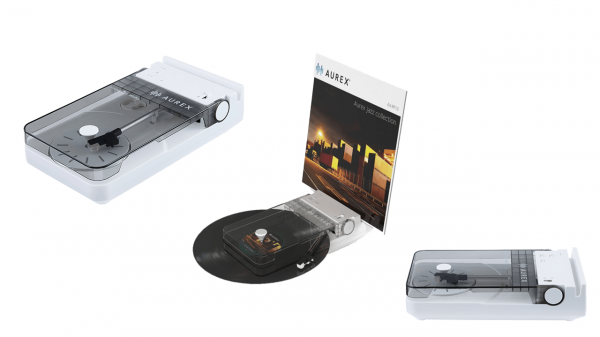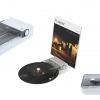Competition Refuses to Step into the Ring; Industry Benchmarks Validate Victory
SUNNYVALE, Calif. – AMD has been validated as the victor in its dual-core duel challenge issued in August. Thanks to the true dual-core technology from AMD available today, the Dual-Core AMD Opteron™ processor leads in key published industry-standard benchmarks as well as holding a significant lead in overall performance-per-watt versus its competitor’s products. Details about the challenge and results are viewable at http://www.amd.com/duel.
“Based on our growing market share and momentum among Global 2000 companies, it is evident that enterprises are demanding the performance and performance-per-watt that can be delivered by the innovative Dual-Core AMD Opteron processor with Direct Connect Architecture,” said Marty Seyer, senior vice president, commercial and performance computing, AMD. “The performance benchmarks are in and our competitor’s lack of response to our challenge is further validation of AMD’s multi-core leadership.”
AMD has stayed consistent and true to its roadmap since 1999 and has not confused the market with disruptive architectures. The Dual-Core AMD Opteron processor provides IT Managers with the technology to decrease costs, while increasing performance and not increasing thermal output.
Added Seyer, “It is clear AMD has delivered the most stable, non-disruptive, enterprise-class x86 multi-core solution to market and we plan to continue to be the safe choice for enterprises in 2006. In fact, no other x86 dual-core server solution allows you to upgrade from single- to dual-core in the same power envelope. This is critical for companies that require stability in addition to the industry’s best performance-per-watt. AMD will remain laser-focused on performance-per-watt heading into 2006 as more and more customers continue to base their server purchasing decisions on this critical factor.”
In addition to the customer-centric features that clearly position AMD as the multi-core leader, published SPEC benchmarks validate that AMD has a multi-core performance lead over its competitor. Those benchmarks include:
- SPECint rate2000 – the Dual-Core AMD Opteron processor Model 280 outperforms the dual-core Xeon 2.8GHz processor by 28 percent(1)
- SPECfp rate2000 – The Dual-Core AMD Opteron processor Model 280 outperforms the dual-core Xeon 2.8GHz processor by 76 percent(2)
- SPECjbb 2005 – The Dual-Core AMD Opteron processor Model 280 outperforms the dual-core Xeon 2.8GHz by 13 percent.(3)
As part of the original challenge issued to Intel by AMD, power consumption was also a consideration. Mainstream Dual-Core AMD Opteron processors at 95 watts, consume far less than the competition’s dual-core x86 servers processors which according to their published data, have a thermal design power of 135 watts and a max power draw of 150 watts. This can result in 200 percent better performance-per-watt than the competition. Even greater performance-per-watt can be achieved with lower-power Dual-Core AMD Opteron processors that are available in 55 watt offerings.
AMD64 multi-core technology leadership extends beyond the server to client systems with the AMD Athlon™ 64 X2 dual-core processor, which continues to outperform competitive dual-core products by up to 20 percent(4) and sweep head to head competitions.(5)
Other published industry-standard server benchmarks include:
- MMB3 – The Dual-Core AMD Opteron processor Model 280 outperforms the dual-core Xeon, 2.8GHz, by 16 percent(6)
- TPC-C – Four processor system based on the Dual-Core AMD Opteron processor Model 880 achieved a TPC-C throughput of 236,054 tpmC and a price/performance of $2.02/tpmC. Both overall number one scores for four processor systems.(7)
AMD’s victory in the dual-core duel was first announced today by Pat Patla, director of Server/Workstation Business, AMD, in the latest installment of AMD’s enterprise online series. The online event also featured John Fowler, executive vice president for the Network Systems Group at Sun Microsystems, issuing a new challenge directly to Dell that would pit Sun’s Dual-Core AMD Opteron processor-based “Galaxy” Sun Fire x64 servers against a dual-core processor-based server from Dell. The latest enterprise online event can be seen here at http://www.amd.com/enterpriseevent.
Starting today, advertisements declaring Dual-Core duel victory by AMD began running online. Full page ads were featured today in the San Francisco Chronicle, San Jose Mercury News and Austin American-Statesman. A version of both the print and online ad is viewable at http://www.amd.com/duel.
About AMD
AMD (NYSE:AMD) designs and produces innovative microprocessors, Flash memory devices and low-power processor solutions for the computer, communications and consumer electronics industries. AMD is dedicated to delivering standards-based, customer-focused solutions for technology users, ranging from enterprises and governments to individual consumers. For more information visit http://www.amd.com.
AMD, the AMD Arrow logo, AMD Opteron, and combinations thereof, are trademarks of Advanced Micro Devices, Inc. Windows is a registered trademark of Microsoft Corporation in the U.S. and/or other countries. Other names are for informational purposes only and may be trademarks of their respective owners.
(1) Standard Performance Evaluation Corporation (SPEC) http://www.spec.org – results as of December 7, 2005. Based on a score of 76.8 for Dual-Core AMD Opteron processor Model 280 http://www.spec.org/osg/cpu2000/results/res2005q4/cpu2000-20050919-04712.html vs. a score of 59.9 for dual-core Xeon, 2.8 GHz, 2MB L2 Cache http://www.spec.org/osg/cpu2000/results/res2005q4/cpu2000-20051006-04904.html
(2) Standard Performance Evaluation Corporation (SPEC) http://www.spec.org – results as of December 7, 2005. Based on a score of 74.6 for Dual-Core AMD Opteron processor Model 280 http://www.spec.org/osg/cpu2000/results/res2005q3/cpu2000-20050902-04641.html vs. a score of 42.5 for dual-core Xeon, 2.8 GHz, 2MB L2 Cache http://www.spec.org/osg/cpu2000/results/res2005q4/cpu2000-20051004-04899.html
(3) Standard Performance Evaluation Corporation (SPEC) http://www.spec.org – results as of December 7, 2005. Based on a score of 44574 bops for a Dual-Core AMD Opteron processor Model 280 http://www.spec.org/jbb2005/results/res2005q4/jbb2005-20051025-00031.html vs. a score of 39585 bops for dual-core Xeon, 2.8 GHz http://www.spec.org/jbb2005/results/res2005q4/jbb2005-20051007-00026.html
(4) Based on an average of compiled data from a list of overall benchmark scores. A list of the benchmarks used can be found at http://www.amd.com/us-en/Processors/ProductInformation/0,,30_118_9485_13041^1307 7,00.html
(5) Based on third-party review – http://reviews.cnet.com/4520-10442_7-6389077-1.html
(6) Exchange Server 2003 MAPI Messaging Benchmark 3 (MMB3) http://www.microsoft.com/exchange/evaluation/performance/mmb3.mspx – results as of December 7, 2005
(7) Transaction Processing Council (TPC) http://www.tpc.org – results as of December 7, 2005 http://www.tpc.org/tpcc/results/tpcc_result_detail.asp?id=105120501

